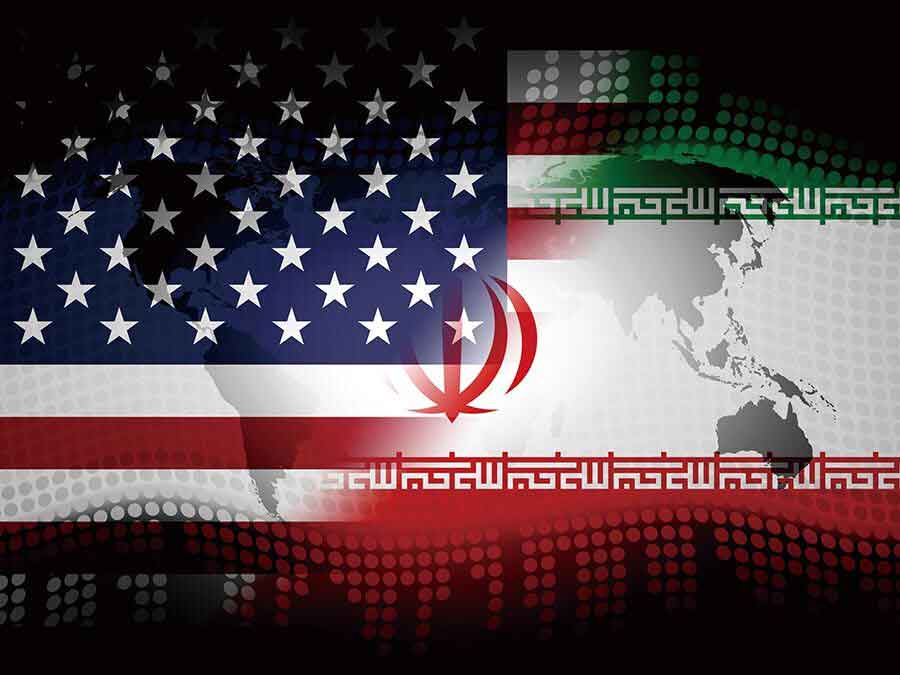

origin good, service, or technology to be exported to Iran willfully violated the ITSR and could be criminally prosecuted.

However, at this point I do know that the government wants to take the position that everyone in the world knows there is an embargo on Iran, and therefore, anyone in anywhere the world who in some way, shape, or form causes a U.S.

I don’t pretend to know the totality of the circumstances underlying the prosecution of Mr. § 1705 doesn’t describe the type of conduct prohibited 3) had he knowingly been engaged in prohibited conduct he wouldn’t have voluntarily have come to the United States for vacation and 4) that IEEPA is vague insofar as it refers to other statutes or regulations. made epoxy for an Iranian customer, as 50 U.S.C. Amongst Akova’s arguments were that 1) he hadn’t read IEEPA 2) even if had read IEEPA, he wouldn’t have understood it to prohibit a foreign person from buying U.S. 2011)”.Īkova is a Turkish national who was arrested while on vacation in the United States for reexporting from Turkey to Iran an epoxy that is used in helicopter repair. While ‘putting together the pieces of this regulatory puzzle is not easy,’ the statutory provisions and regulations, when read together, “adequately provide for principled enforcement by making clear what conduct of the defendant violates the statutory scheme.’ See United States v. § 1705 is unconstitutionally vague because it refers to other statutes and implementing regulations, I reject that argument as well.

2d at 100.'”įootnote 4 of the motion to dismiss also goes on to say, “o the extent that Akova argues that 50 U.S.C. 28, 2016), the court found unconvincing the defendant’s argument that no one could understand that it is illegal for a foreign citizen to export and transship materials from the United States to an Iranian customer because the IEEPA and OFAC regulations (including the ITR) ‘govern the activities of relatively sophisticated individuals who are deliberately engaged in international commerce and, therefore, must be familiar with (if not expert in) various legal regimes-e.g., customs duties and tariffs-in multiple countries.” Quinn, 401 F. § 1705 Unconstitutional Due to Vagueness and as an Improper Delegation of Congressional Authority (the “motion to dismiss”), in United States v. In a Final Report & Recommendation on Defendant’s Motion to Declare 18 U.S.C. Recently, the United States District Court for the Northern District of Georgia reminded us of the ease with which a “relatively sophisticated individual deliberately engaged in international commerce” can understand the IEEPA statute. Indeed, many courts have found sanctions not to be vague, particularly because IEEPA “governs the activities of relatively sophisticated individuals who are deliberately engaged in international commerce and, therefore, must be familiar with (if not expert in) various legal regimes-e.g., customs duties and tariffs-multiple countries.” U.S. However, the courts don’t feel the same way. For those of us who work on sanctions issues every day, we find it–and the regulations issued pursuant to its authority–to be complex, confusing, and like many defendants charged with violations of U.S. seeks to impose economic sanctions on a target–be it a country, person, company, or organization. This is a post about another such failed motion.įor those of you unfamiliar with IEEPA, it is the principal statute invoked by the President when the U.S. From what I understand, all of those motions have failed. Finally, a large number of those motions have included argument that IEEPA is unconstitutionally vague. persons–i.e., foreign nationals–who engaged in the prohibited conduct for which they were charged outside of the U.S. A number of those motions have been filed by defendants who were non-U.S. There have been a number of motions to dismiss filed by defendants in criminal prosecutions for violations of the International Emergency Economic Powers Act (IEEPA) arising from conduct prohibited by the Iranian Transactions and Sanctions Regulations (ITSR), and its predecessor the Iranian Transactions Regulations.


 0 kommentar(er)
0 kommentar(er)
